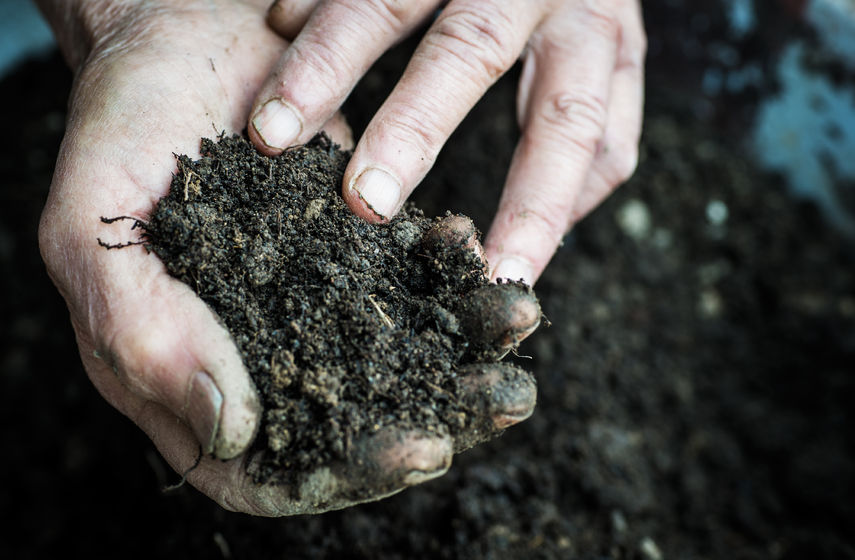
Farmers will work with the wider supply chain to improve soil quality in river catchment areas around Yorkshire.
In a programme touted the "first of its kind", Yorkshire Water and Future Food Solutions is spearheading the initiative to improve soil health.
The collaborative land-based programme will see farmers, global food and drink brands, NGO’s and supply chain partners working together.
Improving soil health is recognised internationally as a core requirement to maintaining sustainable food production around the world.
The project will identify new ways to improve soil management that reduces erosion, maintains moisture content and increases agricultural productivity.
It follows the release of a report which states that £10 million pounds a year in England is needed to ensure the agricultural sector is still productive at the end of the century.
The WWF report says soil is being destroyed at approximately 10 times the rate it is being created, costing £1.2 billion a year in England and Wales.
The joint-Yorkshire Water and Future Food Solutions initiative seeks to change this. Its programme, named ‘Sustainable Landscapes’, has commenced in three trial areas based around river catchments close to the villages of Shipton by Beningbrough, Elvington and Topcliffe.
Retaining soil
A key focus of the programme is to explore innovative ways to prevent farmland soil being lost to waterways.
During the last year, 23,000 tonnes of soil was extracted from water treatment facilities on the rivers Derwent and Ouse.
Retaining soil on the land where it is needed to grow food is one of the ways the programme will improve the sustainability of the UK’s food and drink industry.
Andrew Walker, Catchment Strategy Manager for Yorkshire Water said making agriculture more profitable and sustainable is a key challenge.
“Developing a collaborative partnership with farmers that has a positive impact on lowland soil quality, delivers for both the environment and our own water management goals,” he said.
“If we can make agriculture more profitable and the supply chain more sustainable, whilst ensuring better quality water in the rivers and aquifers, farmers, businesses and consumers, as well as the environment, will all benefit, which is why we are supporting the Sustainable Landscapes programme”.
